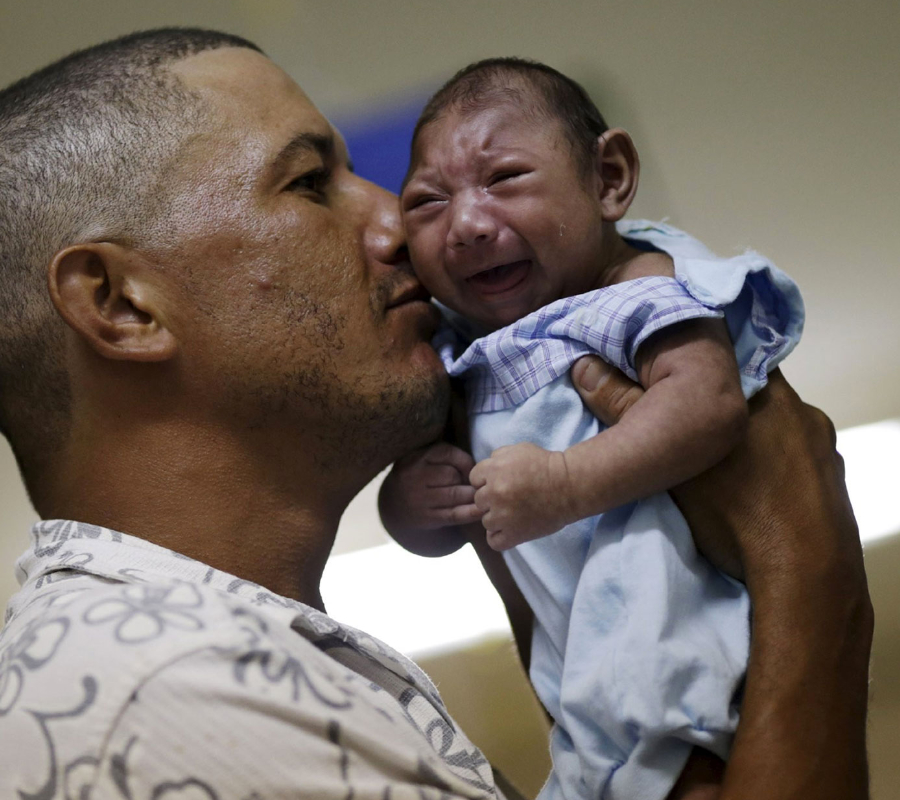The World Health Organization declared on Friday that Zika virus is no longer a matter of global concern.
This statement ends the declaration made by WHO itself on February, about the worldwide emergency that the Zika virus represented at the time. In that case, the explanation was the rapid spreading of the virus in several countries of the Western Hemisphere, alongside the “extraordinary clusters” of a disease called microcephaly that affected newborn babies in the areas where the virus was present.

It wasn’t until April that WHO confirmed the direct relation between the virus and microcephaly in infants. In addition to this discovery, the experts confirmed the presence of the Guillain-Barré Syndrome among adults with the Zika virus.
The virus still has to be fought
WHO has said that the statement doesn’t mean that Zika virus has stopped being a “high priority” problem.
Despite most mosquito seasons have concluded in several areas of the world and that there has been a significant fall in transmission rates, Dr. David Heymann, the chairman of the emergency committee on Zika virus and microcephaly, explained that this doesn’t represent that the disease has gone.

The Centers for Disease Control and Prevention stated that this new qualification granted to the virus must not represent a change for the continuous moves that have to be done in order to keep fighting the disease and its consequences.
The virus is currently present in more than 60 countries around the world. In 28 of those countries, there are reports of neurological complications like microcephaly. At the present times, the reports confirm over 2,300 cases of microcephaly worldwide, of which the majority come from Brazil.
91 percent of the reported microcephaly cases come from this South American nation, while other countries geographically near like Colombia, have only reported 57 confirmed cases. The U.S. is third on the list with 31 cases.
According to Alessandro Vespignani, a professor and researcher at Northeastern University in Boston, it’s definitely too early to draw conclusions on the Brazil situation. However, it cannot be dismissed the possibility of something exceptional to be happening in this country, he said.
National health officials from Brazil have analyzed over 4,000 cases of possible microcephaly and predicted the possibility of even thousands of more cases to be discovered.
Source: CNN
